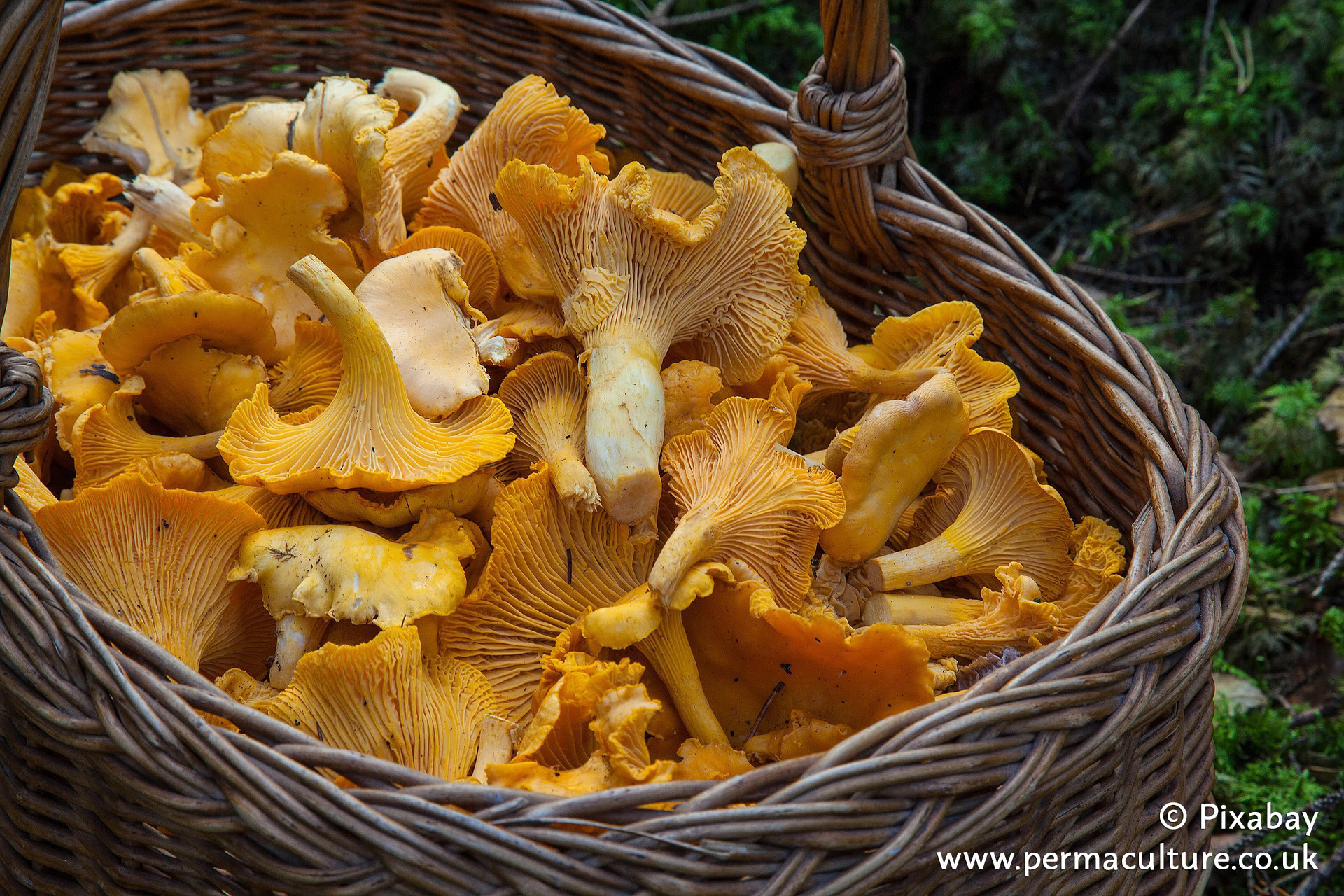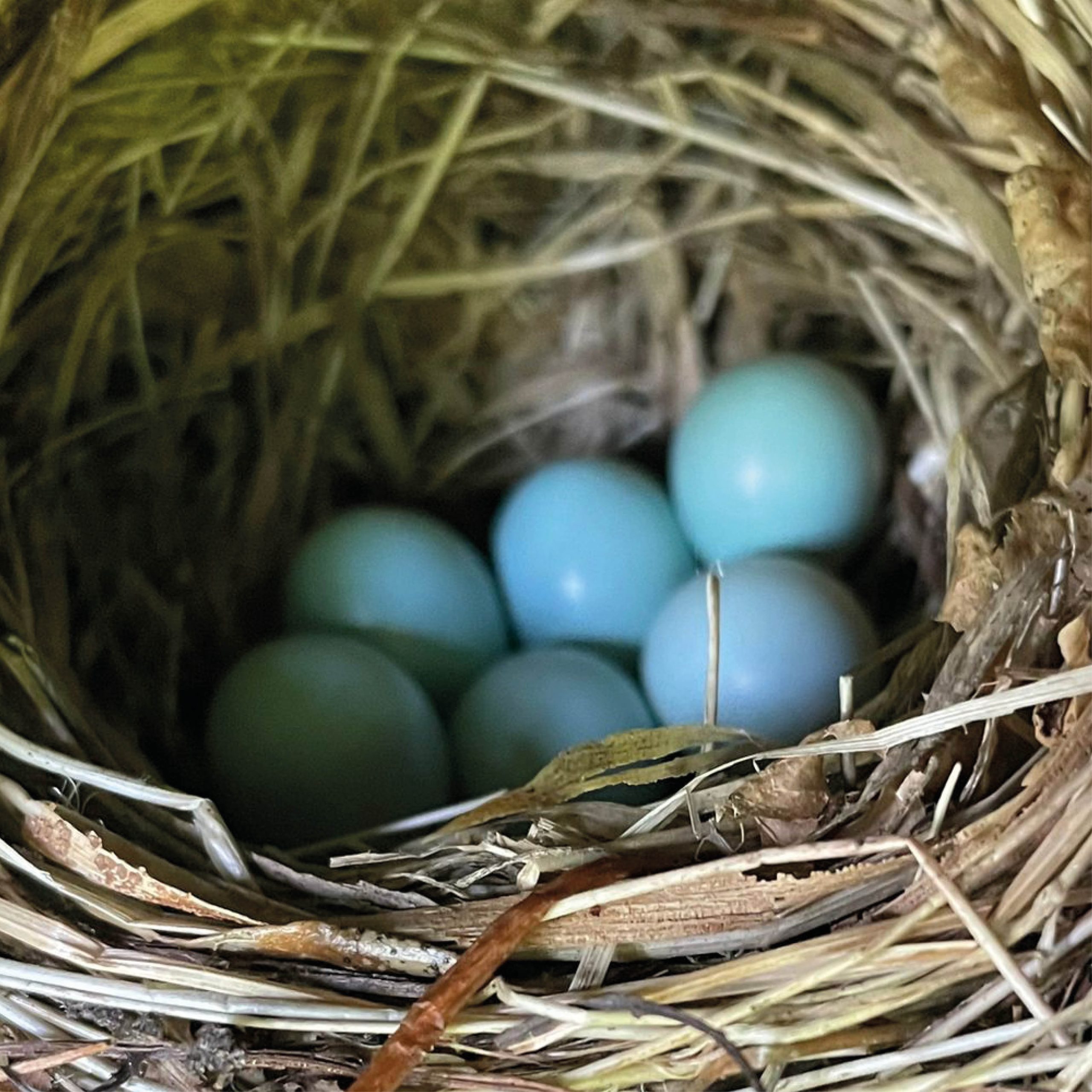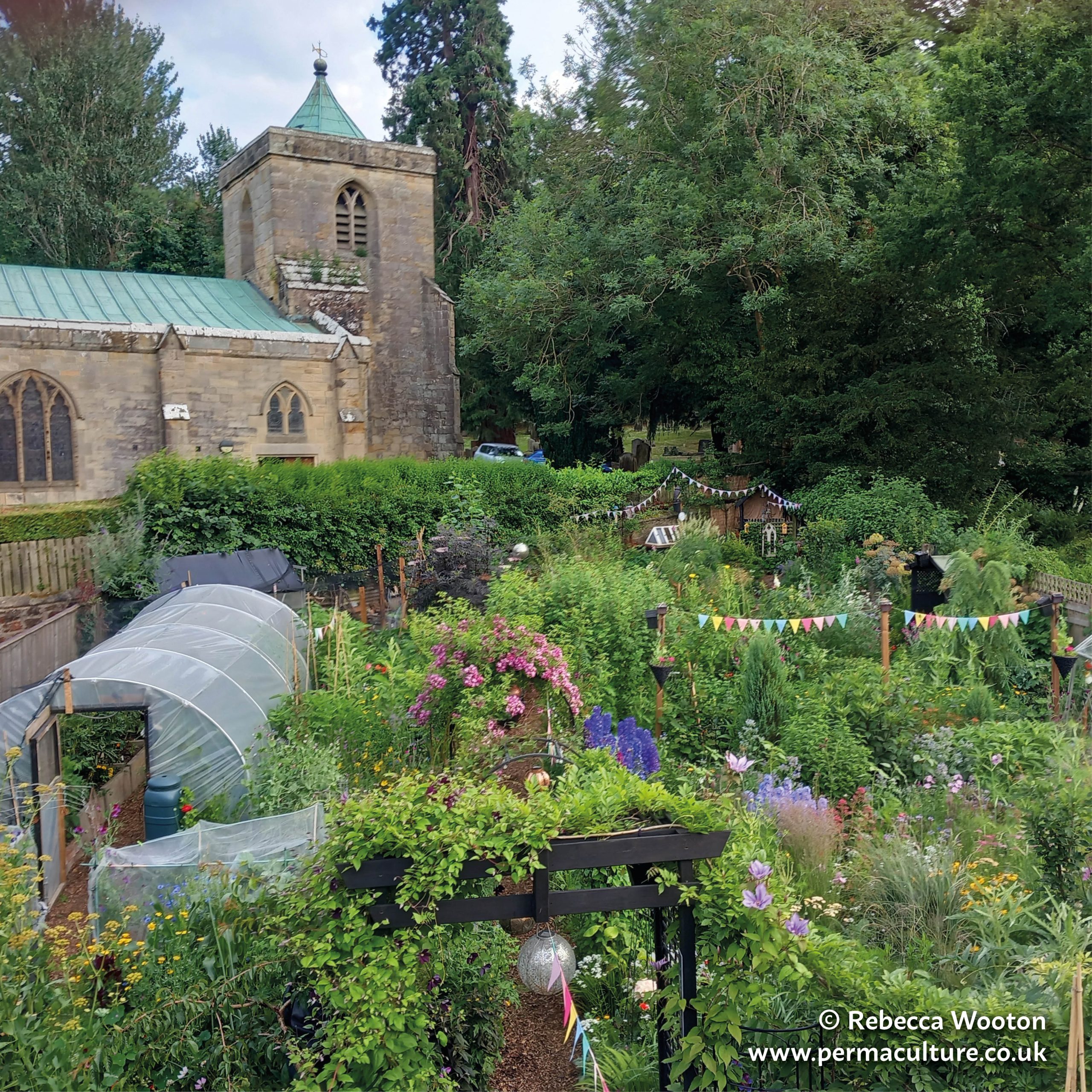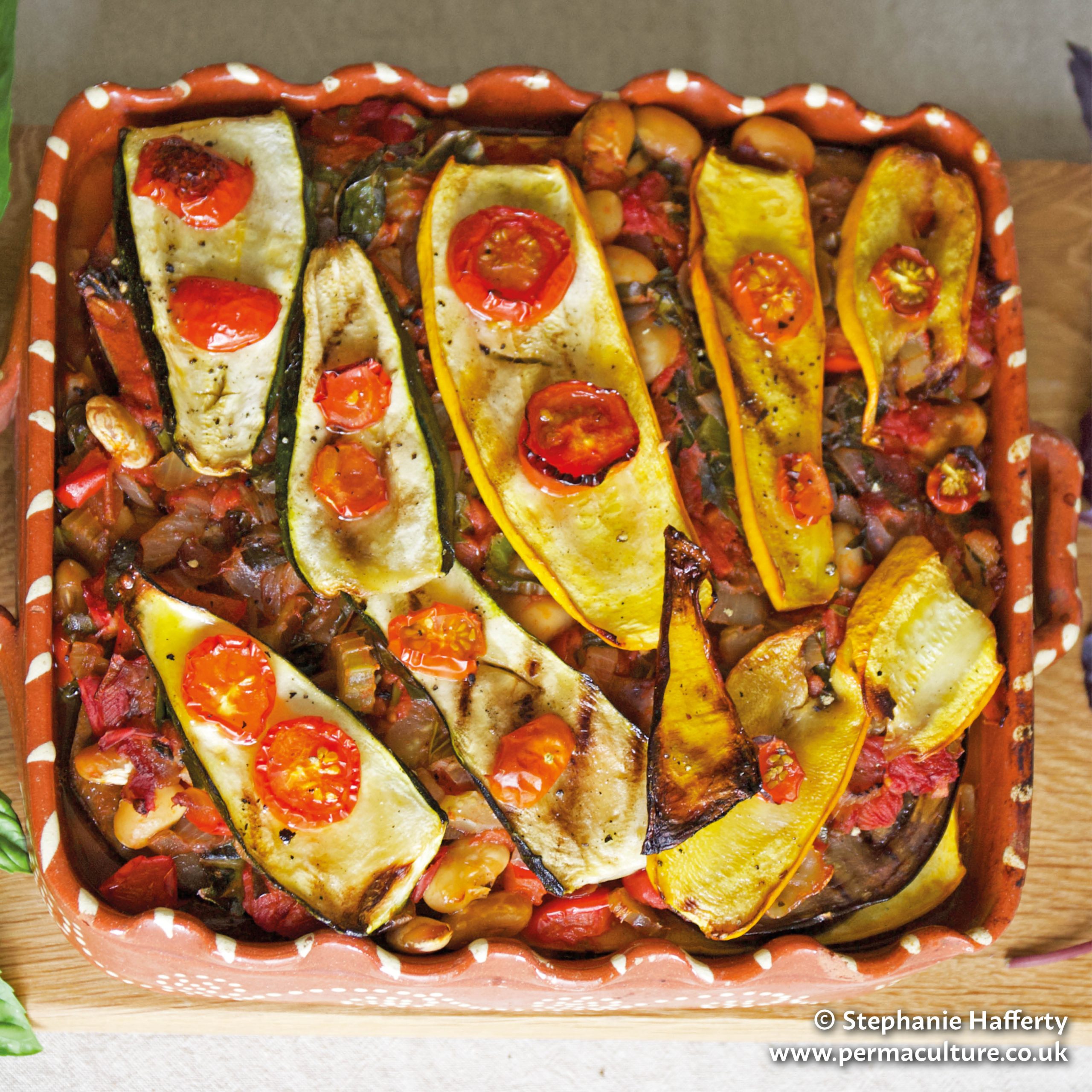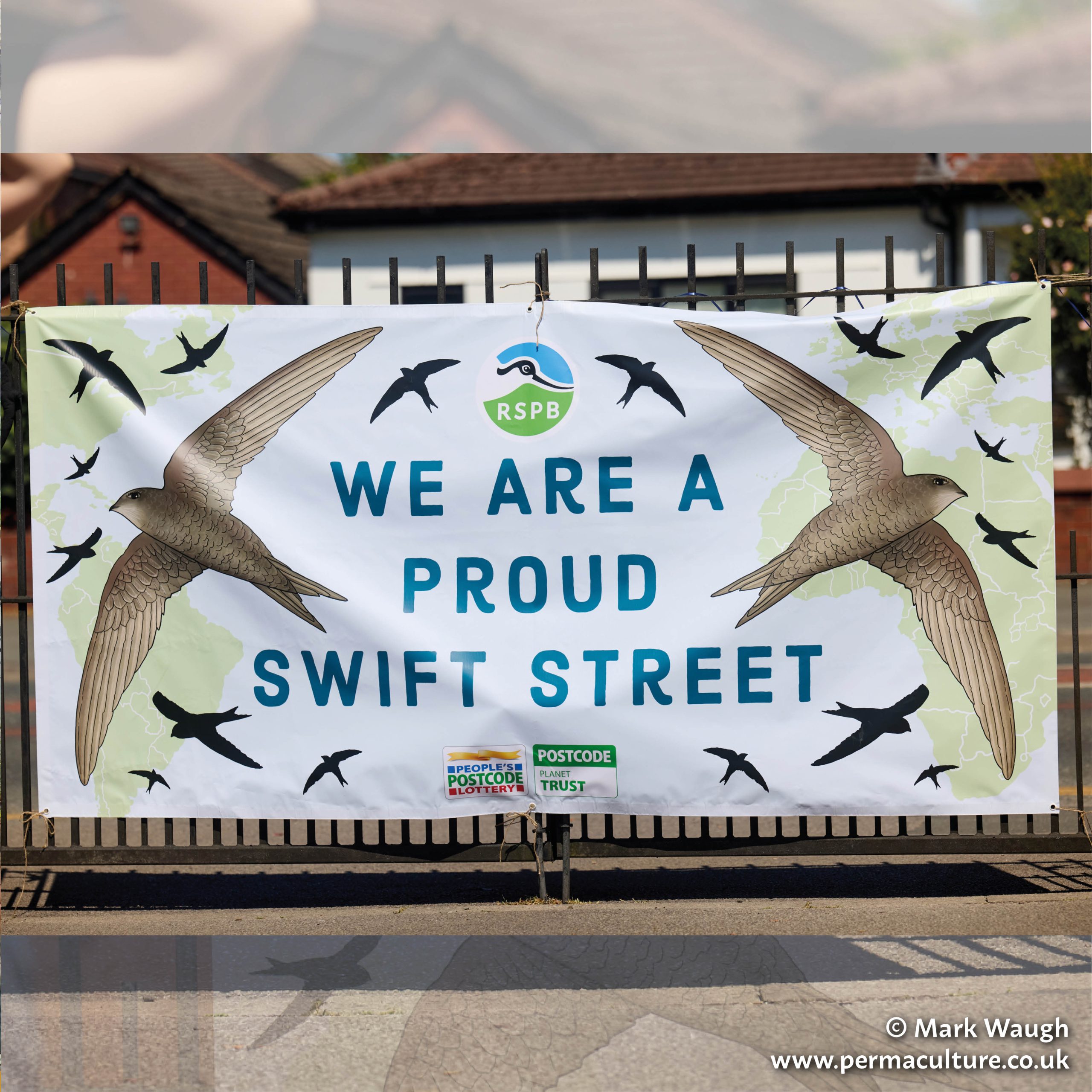Permaculture Magazine are pleased to announce the winners and runners up of the 2020 Permaculture Magazine Prize.
Now in its third year, the Permaculture Magazine Prize and Youth in Permaculture Prize are sharing a magnificent £25,000 between eight worldwide projects, which are regenerating landscapes and communities with natural farming techniques, permaculture methods and collaboration.
Guatemala’s Contour Lines Corp for its work in educating local farmers in regenerative farming methods, moving them away from highly destructive slash and burn agriculture to thriving local landscapes. Over 35 Q’echi villages were reliant on this method, but Contour Lines provided fruit trees, equipment and training to help transition communities towards resilient income streams.
These farmers now grow diverse food forests with a wide range of crops to ensure greater food security, income and nutrition – whilst also creating wildlife habitat. The perennial tree systems are more resistant to droughts, strong winds and disease (which are becoming more frequent), enhancing the communities’ climate resilience.
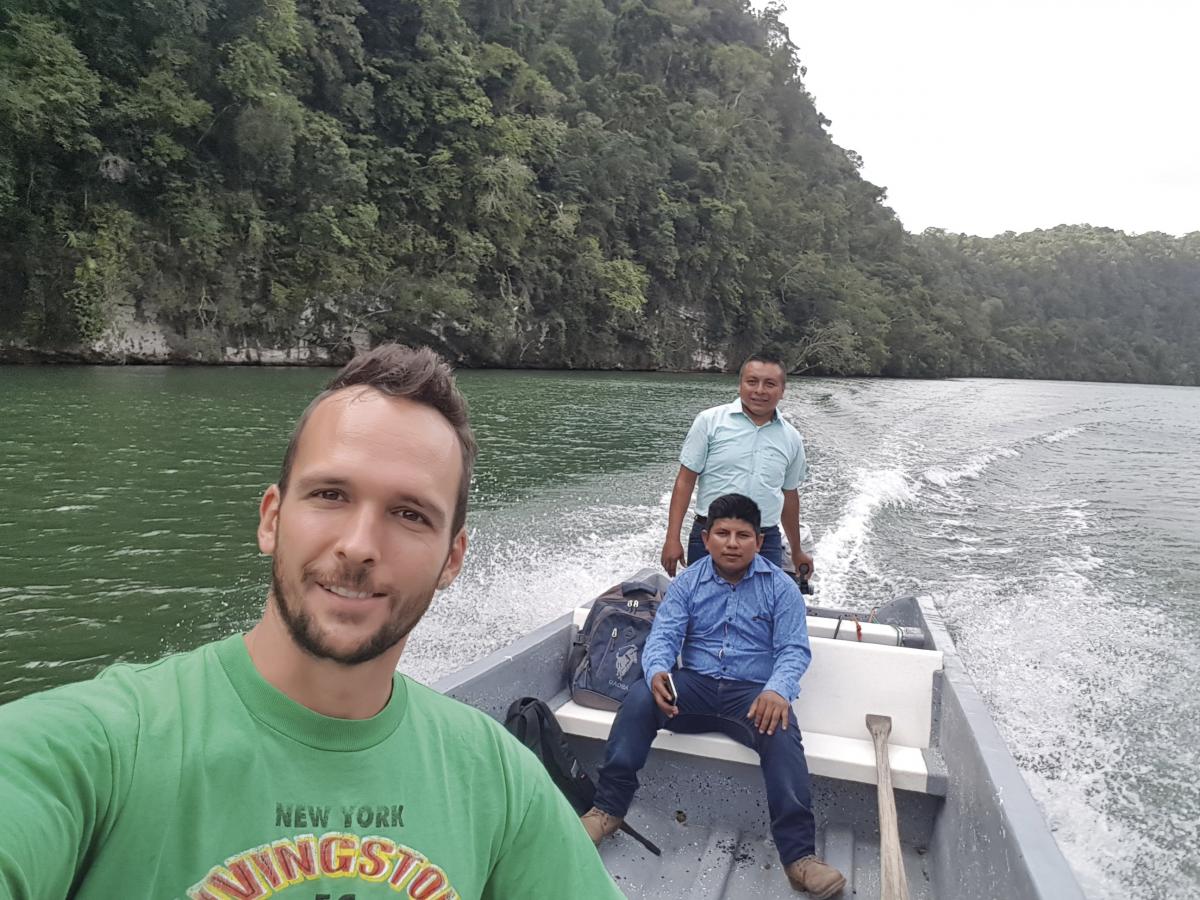
Sean Dixon-Sullivan and team heading up river to visit a potential new site ©Sean Dixon-Sullivan
The four runners, who each receive £2,500, are:
EcoHub (Sporos Regeneration Institute), a therapeutic, educational and integration-focused permaculture project in Lesvos, Greece. This project emerged from a need to heal trauma for locals and the fleeing Syrian refugees that arrived in 2015, with over a million to date. The EcoHub centre creates symbiotic relationships between locals and refugees, educates in regenerative growing practices and land stewardship. Locals and refugees learn how they can work together while creating healthy food systems for all. http://sporosinstitute.org
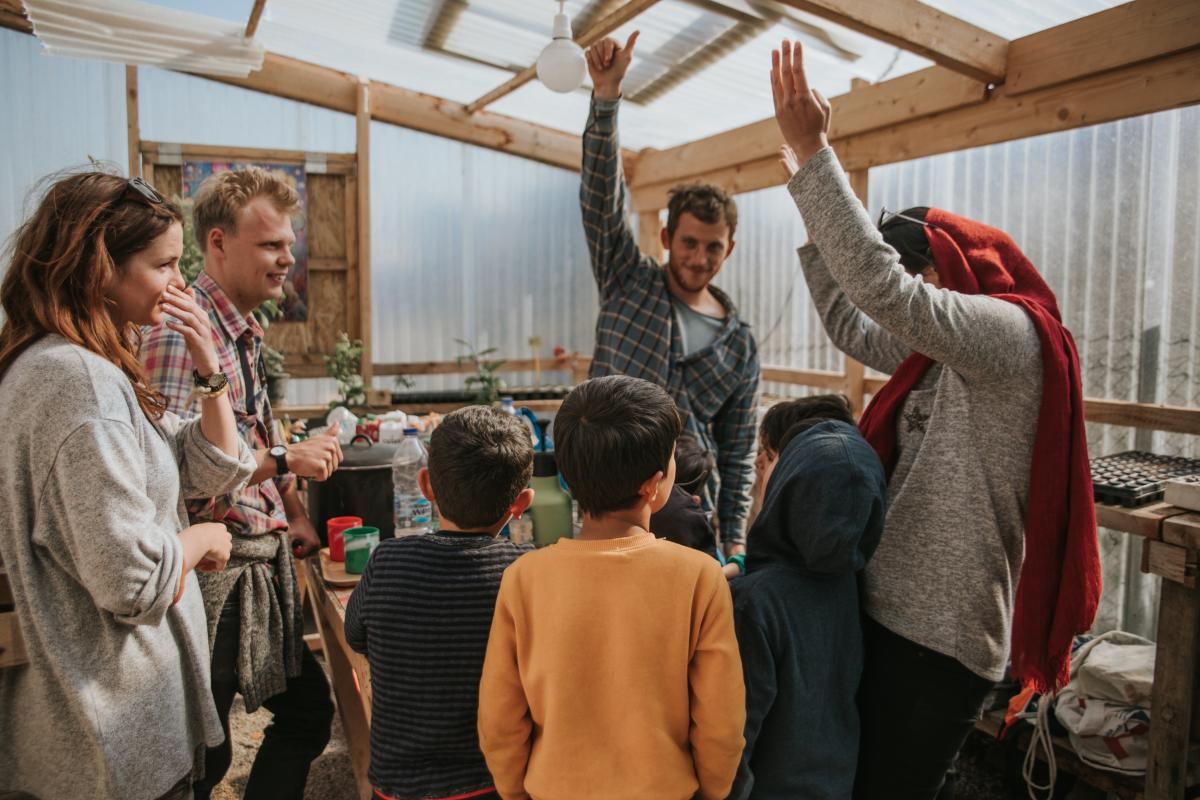
Kilombo Tenodé, in the Atlantic Rainforest on the Eastern coastline of Valença in Brazil, brings permaculture and Afro-Brazilian perspectives together (named Permangola), educating locals and global visitors in community resilience, permaculture food growing techniques and the Afro-Brazilian art form of Capoeira Angola, originating from the descendants of African self-sustaining communities who hid in the jungle, opposing slavery and the colonial system. The onsite syntropic rainforest is an educational tool for visitors and local farmers, teaching the importance of crop diversity, rainwater harvesting techniques, waste management methods such as the banana circle, how to grow medicinal plants for consumption and profit and much more. www.kilombotenonde.net
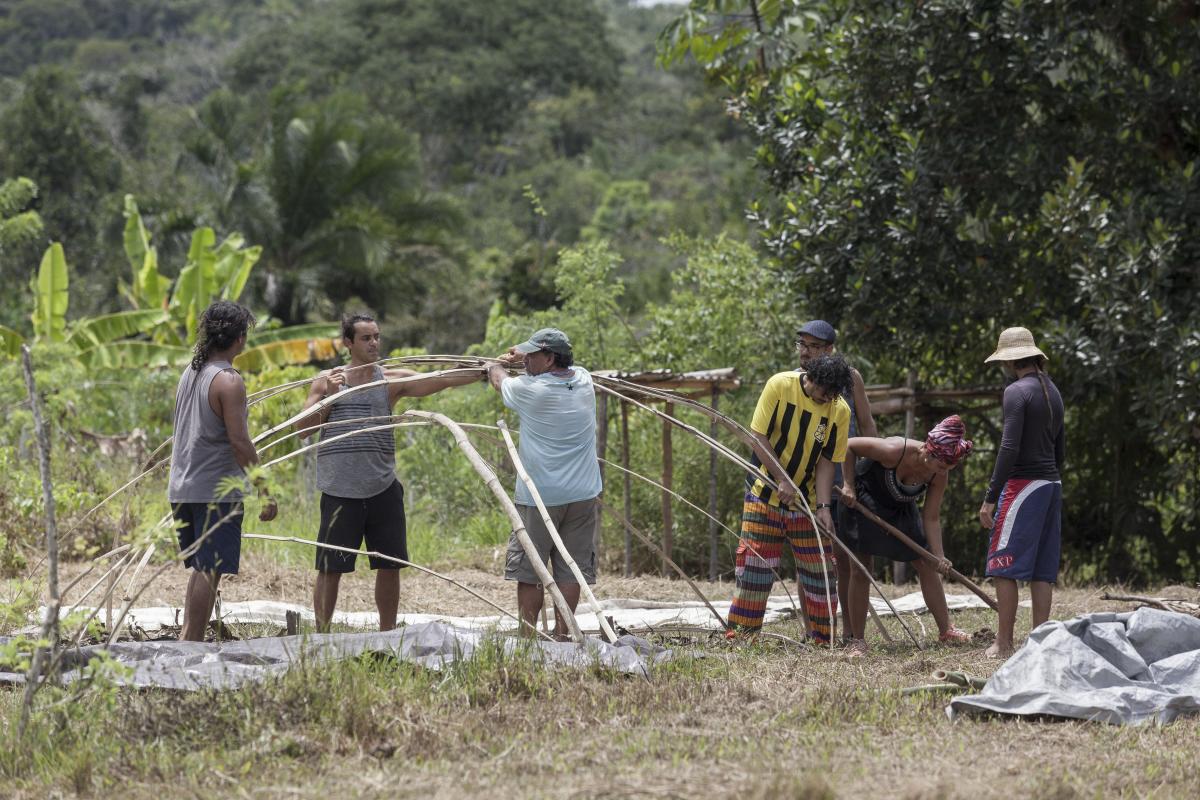
Friends of the Environment in Northern Sierra Leone is working with the local community, especially children, to integrate the knowledge and need for sustainable farming methods. Until recently slash and burn was common place, drastically deforesting native forest. Five school-based clubs teach children about conservation and how to protect their environment, including permaculture ethics, how to regenerate forests, and food growing. This information is disseminated through families and the wider community, creating a culture that wants to protect the local landscape and work with it to create more resilient futures. An agroforestry nursery will help reforest the local area and classes in propagation, agroforestry and edible crops allow farmers to create their own sustainable incomes. www.facebook.com/Friends-of-the-Environment-11489275036846
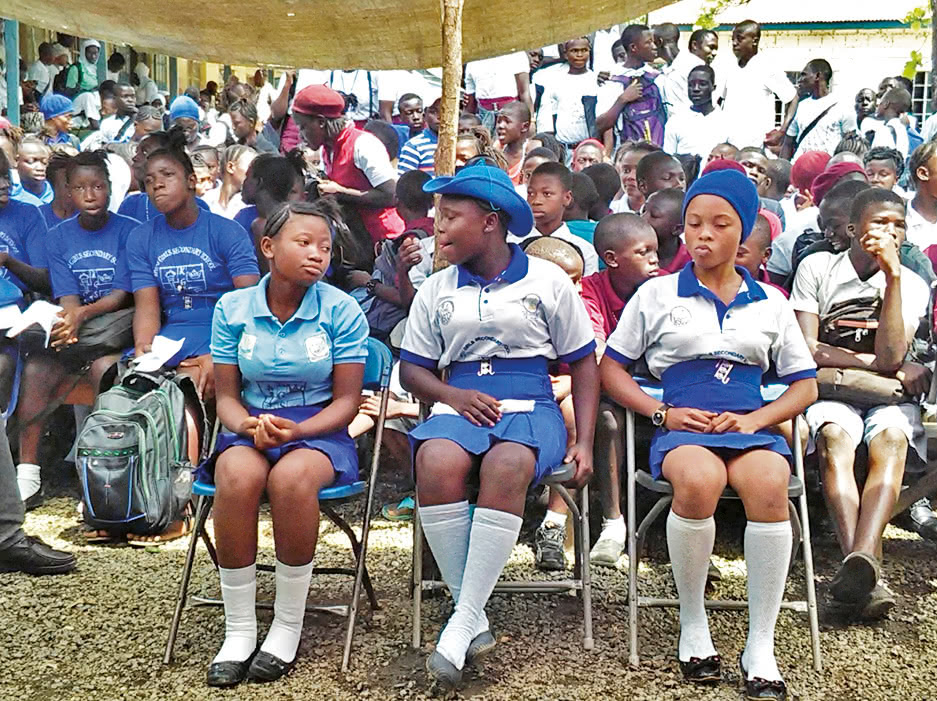
Swayyam is in the southwest of India, on the borders of Karnataka and Bandipur Tiger Reserve, which is part of the largest protected area in southern India, supporting one of the biggest tiger populations in the world. It is home to over 200 villages around the periphery of the forest and climate change induced erratic weather has moved the traditional farming and cattle herding livelihoods towards dangerous ventures into the reserve, bringing with it wildlife conflict and risk of life. The number of farmers, cowherds and shepherds attacked by tigers, leopards, elephants and wild boars is constantly on the rise. Swayyam is a demonstration centre for local farmers, transforming a degraded and eroded landscape into a buzzing food and medicinal forest – an example of what can be done in the area. Their 1000 Tree Project is a rural initiative to increase forest cover, restore biodiversity and ensure food, fodder and livelihood security through regenerative practices. https://swayyam.org
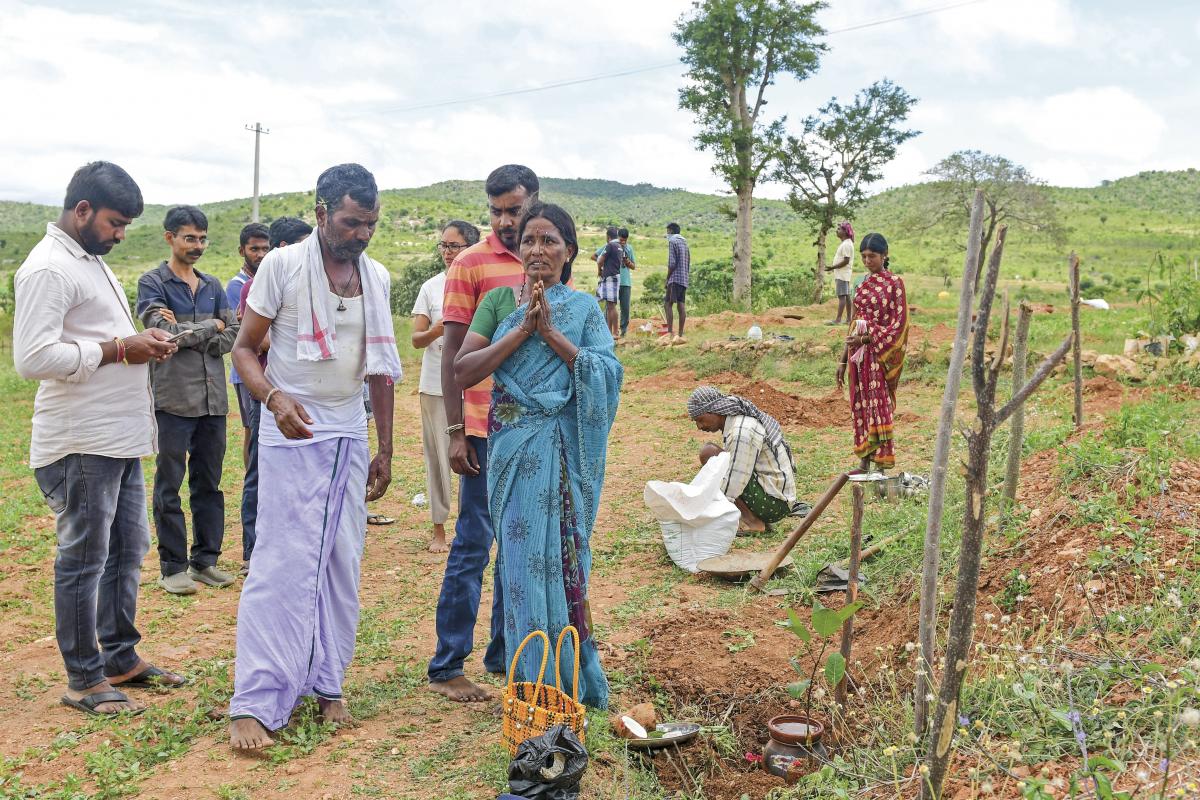
The Youth in Permaculture Prize is organised by Permaculture Magazine in partnership with Abundant Earth Foundation. The Prize of £10,000 is shared between three winners, with one Grand Prize winner of £5,000 and two runners up, each receiving £2,500.
The Grand Prize winner is Yar Dau Deng and the Vijana Twaweza Club (VTC). Set up by refugee youths, they work to combat extreme poverty and environmental degradation in Kakuma Refugee Camp and Kalobeyei Settlement in Kenya. Sustainability and permaculture are at the core of everything VTC do, whether it is teaching sustainable growing techniques, enabling and empowering young girls to receive an education or creating examples of indigenous food ecosystem restoration. VTC are transforming landscapes, lives and people’s futures through education and nutritious food, creating sustainable livelihoods and communities in an incredibly tough landscape. www.facebook.com/VijanaTwawezaClub
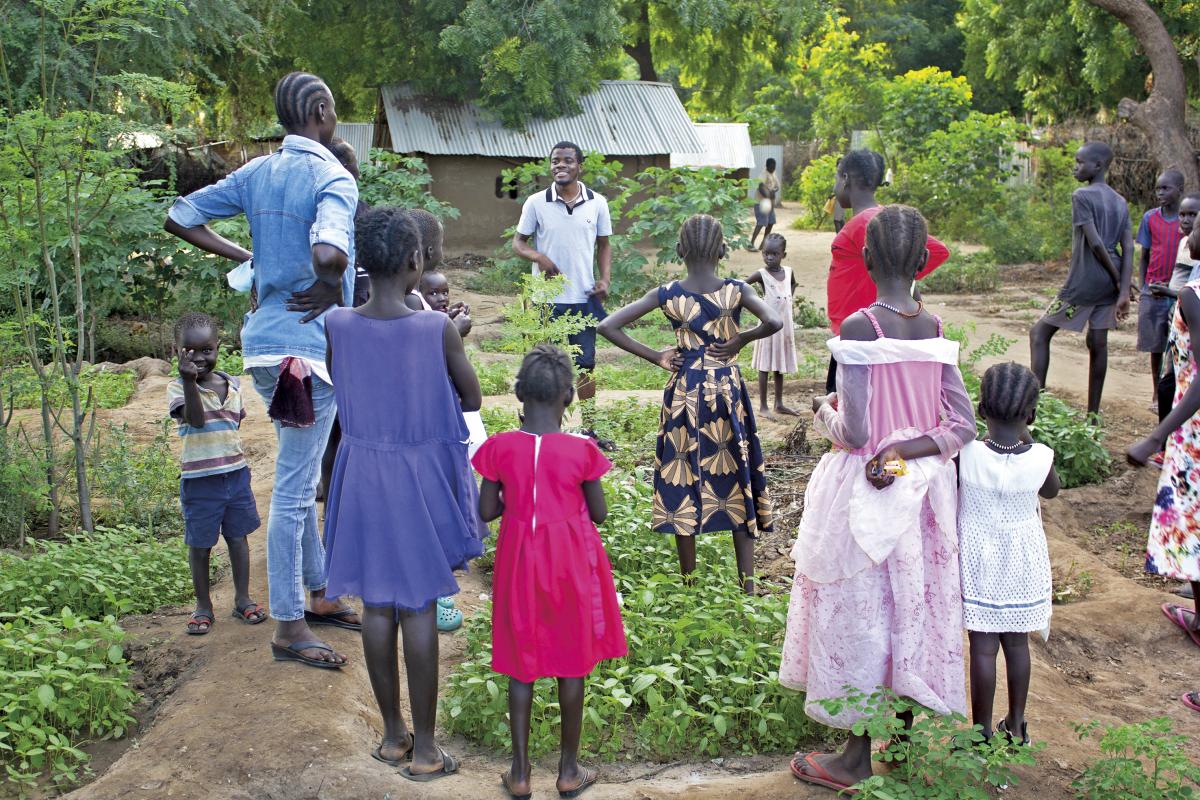
Runners up:
